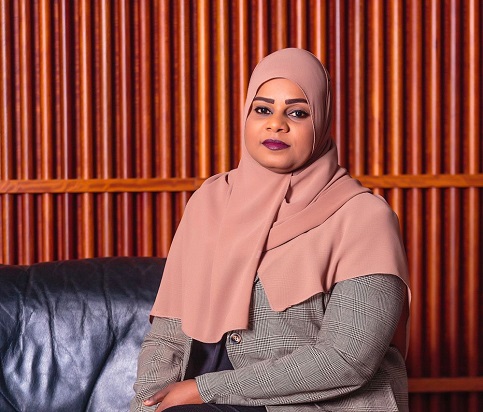A section of legislators have blasted Government for postponing the celebrations for international youth day, arguing that this shows that Government doesn’t prioritise youth matters.
The castigation was led by Boniface Okot (Youth MP Northern Region) while addressing the media at Parliament, who said that although 12th August is earmarked as the International Youths Day, Government indicated that national celebrations will be held on 26th August, a fortnight decision he says shows .
Okot remarked, “It is a shame that it is only our country that isn’t celebrating this day. This by all indicators shows that we don’t necessarily prioritise these youth issues. This must be the last time that we don’t join the rest of the world in celebrating very important resource of our young people on their special day because we have never seen Christmas or other days postponed, so why should the youth day be pushed?”
Yusuf Walunga, President Uganda National Students Association (UNSA) also expressed displeasure at the decision by Government to postpone the celebrations wondering why when it comes to youth affairs, Government feigns absence of funds yet other celebrations are never postponed.
“When it comes to youth issues, funds aren’t available, to us as youths, we receive a message that maybe we don’t matter in the eyes of government, that maybe we don’t matter. That maybe the government doesn’t need the youths, this is really not good, this must be the last time because we aren’t happy as youths,” said Waluga.
Asia Agaba (Bugangayizi East) also castigated Government’s decision and urged Government to use the national youths day to provide more skills to all youths by setting up technical institutions an all parts of the country, arguing that the trend of graduates and other youths leaving the country to undertake employment as domestic workers in the Asian nations is affecting Uganda’s development.
Okot also urged Government to ensure that 2% of the national budget is dedicated towards the health sector, noting that the pandemic and the current global inflation has taken a tooll on mental health of youths in Uganda.
“That mental health post Covid-19 pandemic took a toll on young people affecting their social and economic wellbeing. The current high commodity prices have worsened youth stress and suicidal tendencies. There is need to enhance mental health care services within referral hospitals through targeted financing by 2% to provide for prevention rehabilitation programs,” said Okot.
He also called on Uganda Investment Authority to consider allocating free land to organized youth groups to undertake commercial agriculture in order to solve the challenge of access to land for production, faced by youths.
During the interface, Marie Nanyanzi, Senior Program Officer at TWAWEZA East Africa, a civil society group called for better financing mechanisms for youths in order to exploit their full potential in entrepreneurship, pointing to a research conducted between January-February 2022 among 2900 young people aged between 18-34 years, who responded that they needed Shs3.5M to start their own businesses in Uganda.
According to Nanyanzi, 66 percent of the responded preferred to invest the money in agriculture, while 32 percent said they would buy land and only 6 percent said that they did not what they would use the money for.
TWAWEZA research further highlighted that even though young people are aware of different poverty alleviation programs like Emyooga, Youth Livelihood Programs among others, only 7 percent have participated in them, which speaks to the little confidence youths have in accessing funds through Government programs.





